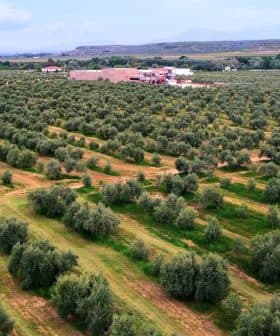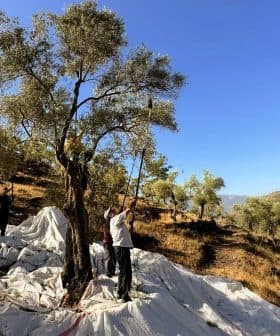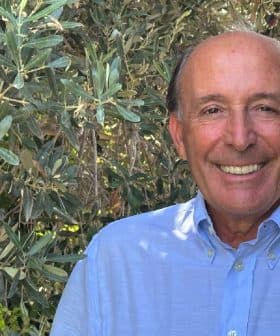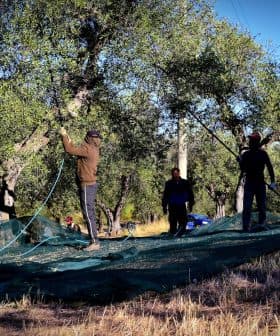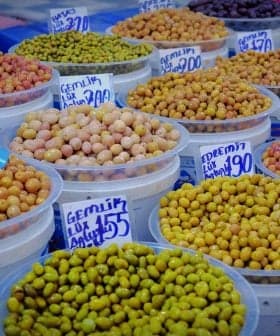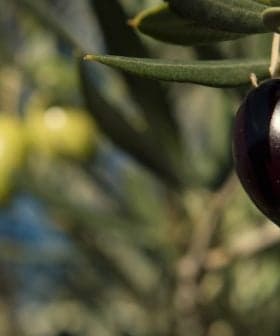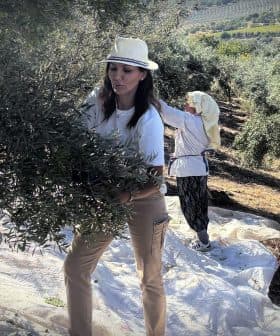Olive Harvest at Turkey's Dionysos Hotel
During a stay at the Dionysos boutique hotel in Turkey, the author participated in an olive oil tasting session with Yaprak, who explained that the Amos oil being sampled was included in the Flos Olei guide to the world’s best extra virgin olive oils. The estate at Dionysos has around 1,500 organic olive trees, and guests are invited to take part in the olive harvest activities, including learning about the process of making olive oil using an Italian pressing machine.

As I sipped the peppery, pea-green liquid, Yaprak, our Turkish olive harvest guide for the day, explained that the Amos oil I was tasting was included in the Flos Olei guide to the world’s best extra virgin olive oils. The Flos Olei panel judged the oil to be “ample and rotund” with “elegant fruity notes of medium ripe tomato, white apple and banana with hints of basil and mint.“
My family and I were guests at the Dionysos boutique hotel on the Bozburun peninsula in southwestern Turkey in October and we were taking part in an olive oil tasting session with Yaprak.
The Dionysos hotel is laid out like a pretty village, its red-roofed buildings draped in bougainvillea, perched on the mountainside above Kumlubük bay and enjoying views across the Mediterranean towards the distant Toros mountains.
Ahmet Şenol, genial creator and owner of Dionysos, is passionate about food and its provenance and the estate’s farm, vineyard, olive groves and fruit trees produce much of what is needed for the hotel kitchens.
The estate has around 1,500 organic olive trees and the memecik olives they produce are pressed on site to make oil. Guests at the hotel during harvest time are invited to get involved in the work and learn about olive oil. These olive harvest week activities are entirely optional, and there are plenty of other things to do at Dionysos — it offers a huge infinity pool overlooking the bay, restaurants, a spa, a gym, tennis and shuttle buses to the beach and nearest town.
Harvesting the olives earlier that morning had been easy. Isa, the hotel gardener, laid down nets on the ground below the trees to catch the olives. He gave us wicker baskets and wooden-handled olive rakes to comb through the branches. Yaprak explained that the olives’flavor is spoilt if they touched the ground — hence the nets. Our baskets were soon full and we walked through the hotel grounds to the pressing room to learn how olives are made into oil.
A team of men were hard at work sorting, cleaning and pressing the olives picked that morning using an Italian Olio Mio pressing machine. Yaprak told us that an olive’s acidity starts to rise as soon as it’s picked and, as extra virgin oil needs an acidity level of less than 0.8 percent, it has to be produced within six hours of harvesting. Amos oil is pressed within three hours of picking the olives. Yaprak then bottles the oil as needed, a hundred bottles at a time for sale in the hotel shop or for use in the kitchens. I’m enjoying using the oil we brought home from our trip, especially as we helped produce it.



